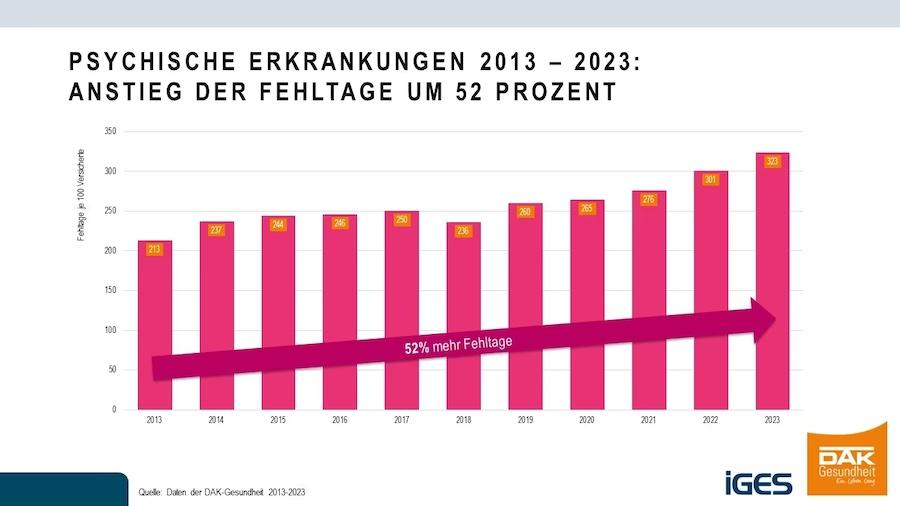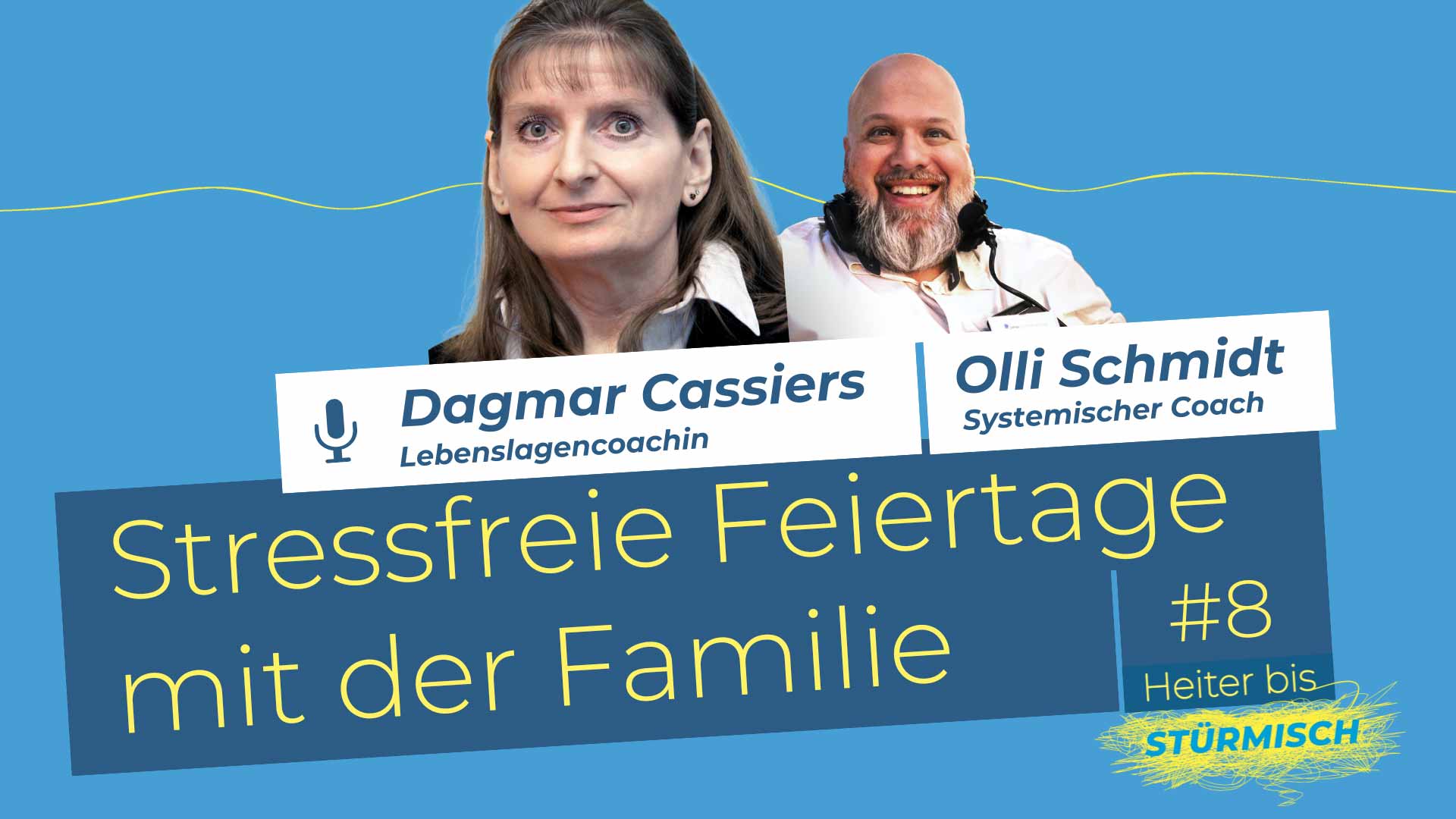 06.09.2024
06.09.2024
 Sabrina Ludwig
Sabrina Ludwig
 9116
9116
New: Referral to psychotherapeutic care
Psychosocial counseling or coaching often helps to overcome a difficult life situation or conflict. For people with mental illnesses, however, this offer falls short. This is why the pme specialist counseling service refers its clients to initial therapeutic counseling, psychosomatic clinics or health insurance-financed psychotherapy if required.
Anyone looking for therapy needs two things above all: time and patience. Psychotherapy is hard to come by. On average, it takes up to six months to find a suitable psychotherapist. The waiting lists are long, and those looking can usually only reach the answering machines of the practices. The frustration threshold is quickly reached.
Tackling this hurdle is particularly difficult or even impossible if you are mentally ill yourself and suffer from depression, for example. "Then even the simplest things in everyday life are incredibly difficult. People with depression don't pick up the phone and spend months looking for a place in therapy," says Jutta Dreyer, Product Manager for Life Situation Coaching and pme Assistance. "That's why we want to provide support here and have put together a team that will start the search for a suitable place in therapy exclusively for pme customers."
Range of services (depending on the contractual agreement):
1. initial consultation/crisis intervention 24/7
2. referral to psychiatric care
3. anamnesis and discharge interviews by a psychological psychotherapist
4. placement in psychotherapy financed by health insurance (up to 8 hours of research)
5th consultation hour at the Schön Kliniken
6. shortened admission to the Schön Klinik Bad Arolsen (specialist clinic for psychosomatics)
7. online psychotherapy via MindDoc (online psychotherapy)
8. ongoing group coaching (type of self-help group to provide support and stability in difficult times)
Frequently requested counseling topics for mental illness/crisis are:
- Dealing with employees who are mentally very stressed and ill (by managers)
- Overburdened teams due to long-term absences
- Crises and suicidal tendencies
- Mentally ill employees who are desperately looking for psychotherapeutic care (hours of fruitless phone calls, waiting list, etc.)
Initial consultation with a psychological psychotherapist
Before a place in therapy or psychiatry can be arranged, it is often helpful for clients to have an initial consultation with a psychotherapist. During this consultation, the therapist clarifies, among other things, whether a mental illness is present and which treatment is the right one.
"The initial consultation is very important. Sometimes clients ask for psychotherapy. However, after we have talked to them in detail about their condition and medical history, addiction counseling or family counseling turns out to be suitable. Here, too, we start looking for a place".
Jutta Dreyer, family therapist, pme Familienservice
Focus of content:
1. anamnesis
2. psychoeducation about the disorder
3. joint development of an individual explanatory model for the problem
4. use of psychotherapeutic interventions
5. assistance with the problem
Note: The anamnesis is conducted by a psychological psychotherapist permanently employed by the pme Familienservice .
Good to know: 52 percent increase in days absent due to mental illness
Depression, anxiety, burnout: mental illness has a major impact on employee absenteeism and reached a new high in 2023. This is shown by the current DAK-Gesundheit mental health report based on the sick notes of 2.39 million DAK-insured employees. Across all occupational groups. DAK-insured employees had a total of 323 days of incapacity to work per 100 insured persons.

The statistics show the development of days of incapacity for work (AU days) due to mental illness (F00-F99) in Germany from 2013 to 2023 (source: Statista).






